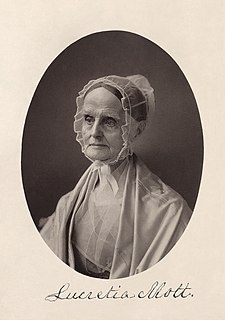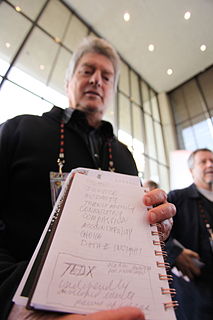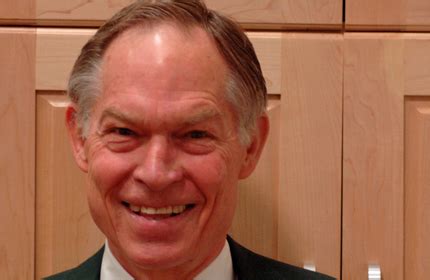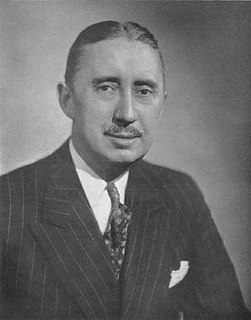A Quote by Lucretia Mott
We too often bind ourselves by authorities rather than by the truth.
Related Quotes
But I'd rather help than watch. I'd rather have a heart than a mind. I'd rather expose too much than too little. I'd rather say hello to strangers than be afraid of them. I would rather know all this about myself than have more money than I need. I'd rather have something to love than a way to impress you.
Too many politicians are shifting the critical themes of our national conversations from a 'big ideas' American Brand Platform to narrowly focused, polarizing sound bites that put party philosophy before what used to be heralded as the common good. These ideas, more often than not, divide us rather than serve to bind us.
We are not saints yet, but we, too, should beware. Uprightness and virtue do have their rewards, in self-respect and in respect from others, and it is easy to find ourselves aiming for the result rather than the cause. Let us aim for joy, rather than respectability. Let us make fools of ourselves from time to time, and thus see ourselves, for a moment, as the all-wise God sees us.
We are, finally, all wanderers in search of knowledge. Most of us hold the dream of becoming something better than we are, something larger, richer, in some way more important to the world and ourselves. Too often, the way taken is the wrong way, with too much emphasis on what we want to have, rather than what we wish to become.
When we actively relate to people as rivals or enemies, we foster the false belief that we and they stand independent of one another. The truth is that we bind ourselves to them as if by an invisible tether, and we do so by our negative thoughts and feelings." "Who we are is who we are with others. How they seem to us is a revelation of ourselves.
I have this idea that every time we discover that the names we're being called are somehow keeping us less than free, we need to come up with new names for ourselves, and that the names we give ourselves must no longer reflect a fear of being labeled outsiders, must no longer bind us to a system that would rather see us dead.
I always say people would rather be nice than right. I like to be nice too, but come on. People frequently ask me, what is my definition of politically correct. My answer is always the same: the elevation of sensitivity over truth. People would rather be nice than right, rather be sensitive than true. Well, being nice and sensitive are important, but they're not more important than being right; they're not more important than the truth.
We suffer more often in imagination than in reality. [We must learn to control and focus the force of our imagination on the good, bright side so it is positive and constructive helping ourselves and others, rather than let its force focus on the bad, dark side so it is negative and destructive hurting ourselves and others!]






































